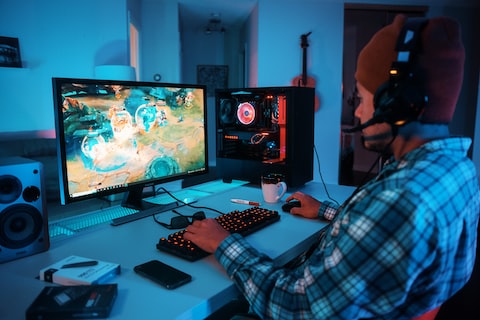Gaming has become an integral part of society, captivating individuals of all ages between 10 and 35 who have a passion for interactive entertainment. This article delves into the impact of gaming on society, highlighting its transformation from simple recreational activities to powerful educational tools and cultural phenomena.
The influence of gaming on society is immense, with numerous studies showcasing the positive effects of video games as educational tools. As technology continues to advance, gaming has evolved beyond mere entertainment, offering interactive experiences that can enhance learning and cognitive skills. From puzzle-solving games that stimulate critical thinking to simulation games that provide hands-on learning experiences, gaming has revolutionized traditional education methods.
Moreover, gaming has emerged as a significant cultural phenomenon, shaping the way people interact, communicate, and share experiences. Online gaming communities have sprung up, connecting individuals from different corners of the globe who share a common interest. Social media platforms further amplify the impact of gaming, with players showcasing their achievements, forming communities, and even streaming their gameplay to millions of viewers.
While the impact of gaming on society has many positive aspects, it is essential to acknowledge the potential negative effects as well. Excessive gaming can lead to sedentary lifestyles, addiction, and social isolation. It is crucial to maintain a healthy balance between gaming and other activities to ensure overall well-being.
In summary, gaming has rapidly evolved to become more than just a recreational activity. It has found its place as an innovative educational tool and a cultural phenomenon that brings people together. The impact of gaming on society is undeniable, and it continues to shape our world in remarkable ways.

